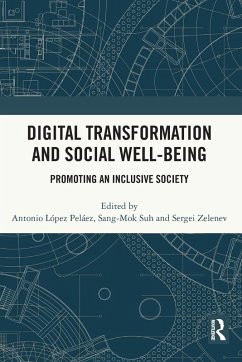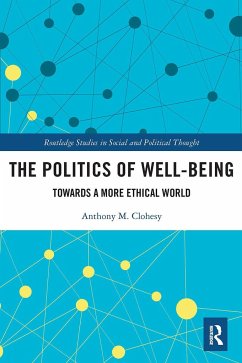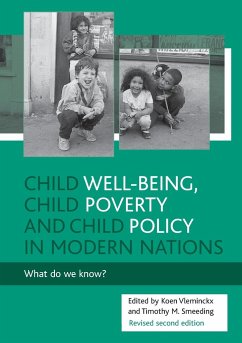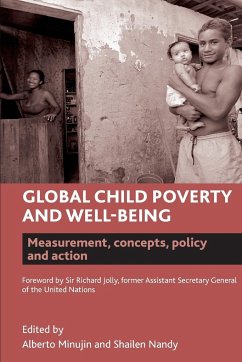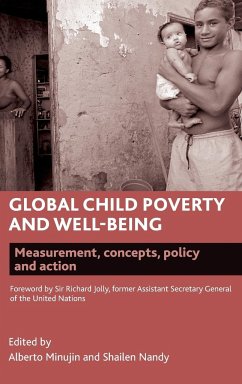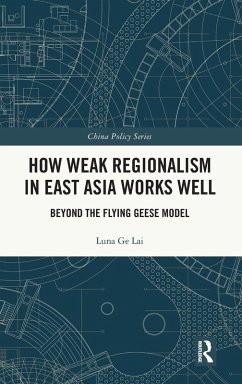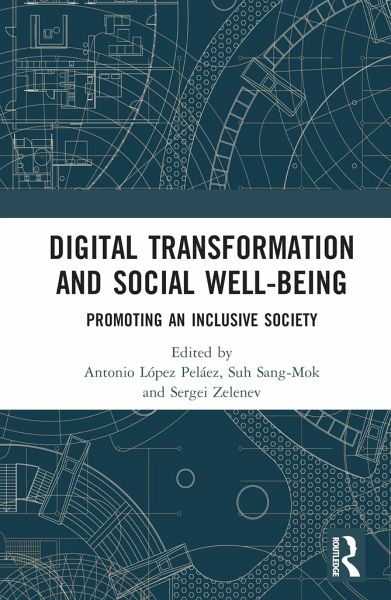
Digital Transformation and Social Well-Being
Promoting an Inclusive Society
Herausgeber: López Peláez, Antonio; Zelenev, Sergei; Suh, Sang-Mok
Versandkostenfrei!
Versandfertig in 1-2 Wochen
167,99 €
inkl. MwSt.
Weitere Ausgaben:

PAYBACK Punkte
84 °P sammeln!
This is the first book to show how digitalisation and the better provision of information and communication technologies (ICTs) can improve access to a wide-range of social services, as well as make them more inclusive. Overcoming disparities across social groups using contemporary digitalisation models will have lasting consequences on social well-being and human welfare. Reflecting on current trends the authors vividly illustrate the collective, global nature of the challenge that digitalisation represents for providers, administrators and users of welfare services. It is important, therefor...
This is the first book to show how digitalisation and the better provision of information and communication technologies (ICTs) can improve access to a wide-range of social services, as well as make them more inclusive. Overcoming disparities across social groups using contemporary digitalisation models will have lasting consequences on social well-being and human welfare. Reflecting on current trends the authors vividly illustrate the collective, global nature of the challenge that digitalisation represents for providers, administrators and users of welfare services. It is important, therefore, to bear in mind the following for research design and practice: Citizens' rights must be protected Consideration should be given to how the services provided can be improved by more effective use of ICTs Digital interventions require better service coordination in the setting of priorities and specific training in digital skills for service providers and service users The chapters in this book address these problems and challenges in great depth, analysing the role of ICTs in promoting social inclusion and social welfare, drawing on examples of successful ICT applications around the world. The book contains country case-studies from the United States, Brazil, India, the Republic of Korea, Taiwan, Hong Kong (China), Zimbabwe, Morocco, Spain, Portugal, Ireland and Singapore and will be of interest to all scholars and students of social policy, to social work educators, and social care providers.




